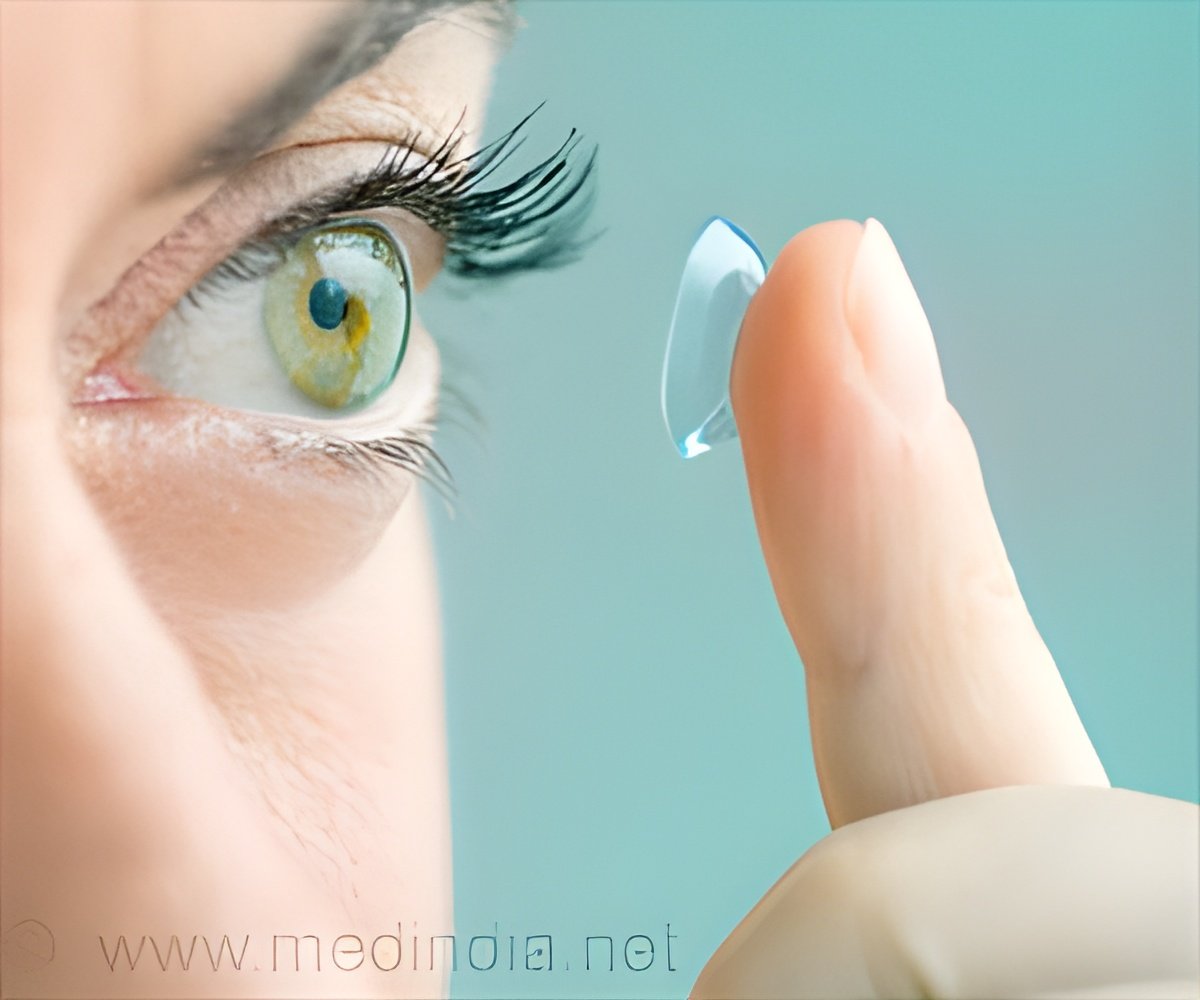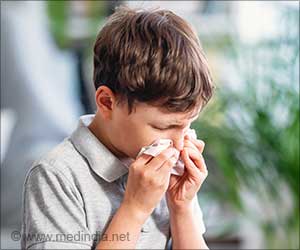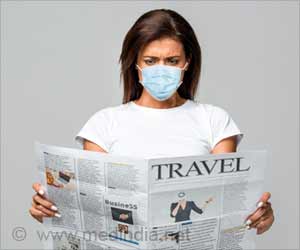
‘Careful and proper cleaning of eyewear is essential to safeguard your eyes from the novel coronavirus.
’
Tweet it Now
How—and how often—should you clean your eyewear? What are the best ways to protect eyewear? Does wearing contact lenses increase COVID-19 risk? Krieger Eye Institute specialists Danielle Natale, OD; Laura Green, MD; and Lisa Abrams, MD, explain eye safety precautions you should always follow, but particularly during COVID-19: Are contact lenses still safe?
Preventive measures for contact lens wearers include washing your hands before inserting or removing and cleaning/disinfecting lenses. (The type of cleaning solution you use will depend on the type of lens, if you have allergies and if your eyes typically form protein deposits. Ask your eye doctor what kind of solution is best.)
Some experts think it’s best to avoid contact lenses amid the COVID-19 pandemic. The American Academy of Ophthalmology recommends limiting contact lens wear and switching to eyeglasses for a while. The academy says that glasses provide better, albeit not full-proof, protection from the virus, whereas handling contact lenses essentially can increase infection risk because wearers touch their eyes quite frequently. “Obviously, contact lens wearers do this when they are inserting and removing lenses, but when a contact lens is irritating or moves out of place, a person will also touch their eye,” Natale says.
But some experts, like the American Optometric Association, say there is no evidence that lens wear increases COVID-19 risk.
Advertisement
For some people, switching from contact lenses to eyeglasses might not adequately support the vision. You should discontinue contact lens wear if you develop cold or flu-like symptoms. Be sure to discuss your options and concerns with your eye doctor.
Advertisement
Regular, everyday eyeglasses can prevent virus particles from coming in contact with the front of your eyes, though they may not provide adequate protection from the top, bottom, and side angles of the frames. What’s good about safety glasses or goggles is that they can protect your eyes from those top, bottom, and side angles.
Ideally, glasses should be cleaned daily. You can clean them with gentle soap and water. Alcohol is also effective, but it can degrade coatings on lenses, so it’s best to use soap and water. The lenses should be dried with a microfiber lens cloth. “It’s important to avoid wiping glasses with tissue paper or the hem of a shirt, or any other cloth that’s not designed for cleaning lenses because these things will cause scratches,” Green says.
Microfiber cloths also should be washed regularly (they can be hand-washed with gentle soap and then hung to dry).
Store and handle with care
Avoid placing glasses (or contact lenses) on any surface you aren’t sure is clean and letting others handle your glasses. Keep eyewear stored in a clean case when not in use. This might mean keeping glasses in a case as opposed to letting them hang from your neck via a string holder.
“Hanging them around your neck can expose the inside part of the glasses that end up closer to your face to droplets in the air,” Green says. Normally, an optician can adjust your eyeglasses so that they fit appropriately and won’t slide down your nose (which helps reduce the need to touch your face).
If it isn’t possible for you to visit your optician (routine eye care may be unavailable in some areas during the pandemic), you can purchase moleskin and cut it into small patches for placement on the nose pieces of your glasses. “This will help absorb the natural skin oils and sweat and grip the nose better,” Abrams says.
Another option is to place anti-slide guards on the temple arms of your glasses. “You should not try to bend the arms as they can easily break,” Abrams says.
In general, be very cautious when you’re out in public. “In your own home, you can treat your glasses as you normally would. If you are out and about in public, I will try to keep them on your face and try not to touch them,” Natale says.
Source-Newswise














